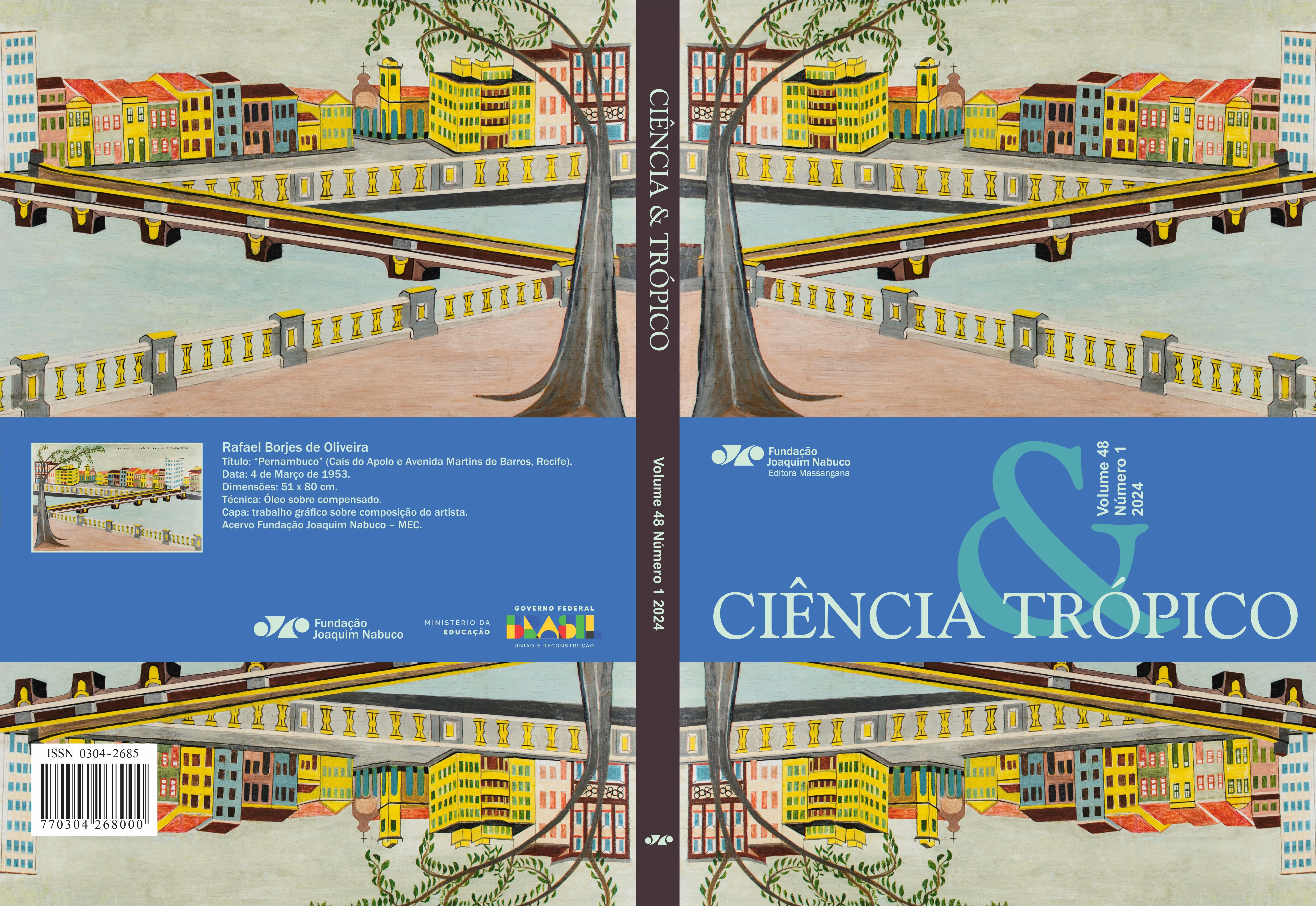Summary of one of the Possible Stories of Brazilian Carnival
DOI:
https://doi.org/10.33148/CETROPv48n1(2024)2259Abstract
Entrudo, revelry, revelry, masquerade, mockery and momesca festival, are some variations of names that we use to refer to a worldwide known and celebrated festival: Carnival. After covering a long journey, from Antiquity, through the European medieval period, crossing temporalities and oceans until arriving in America, more precisely in Brazil, carnival has become one of the most important and symbolic celebrations of the year. Many transformations took place (and still happen), making the party adaptable to different temporalities and locations. Initially it was a practice between families, but it gained new characteristics, becoming a street party, considered by the Catholic Church as profane. In this essay we highlight the elitist character of the origins of Carnival in Brazil and its role as an element that reproduces social hierarchies, but also as a disruptive element, showing itself as a party that also privileges popular cultures. In short, we propose a brief historical presentation (of the possible ones) of Carnival in Brazil.
Keywords: Carnival. Brazil. Parties. Culture. Society.
Downloads
Downloads
Published
How to Cite
Issue
Section
License
Copyright (c) 2024 Andréa de Castro Costa, Arlindo Souza Neto

This work is licensed under a Creative Commons Attribution 4.0 International License.


